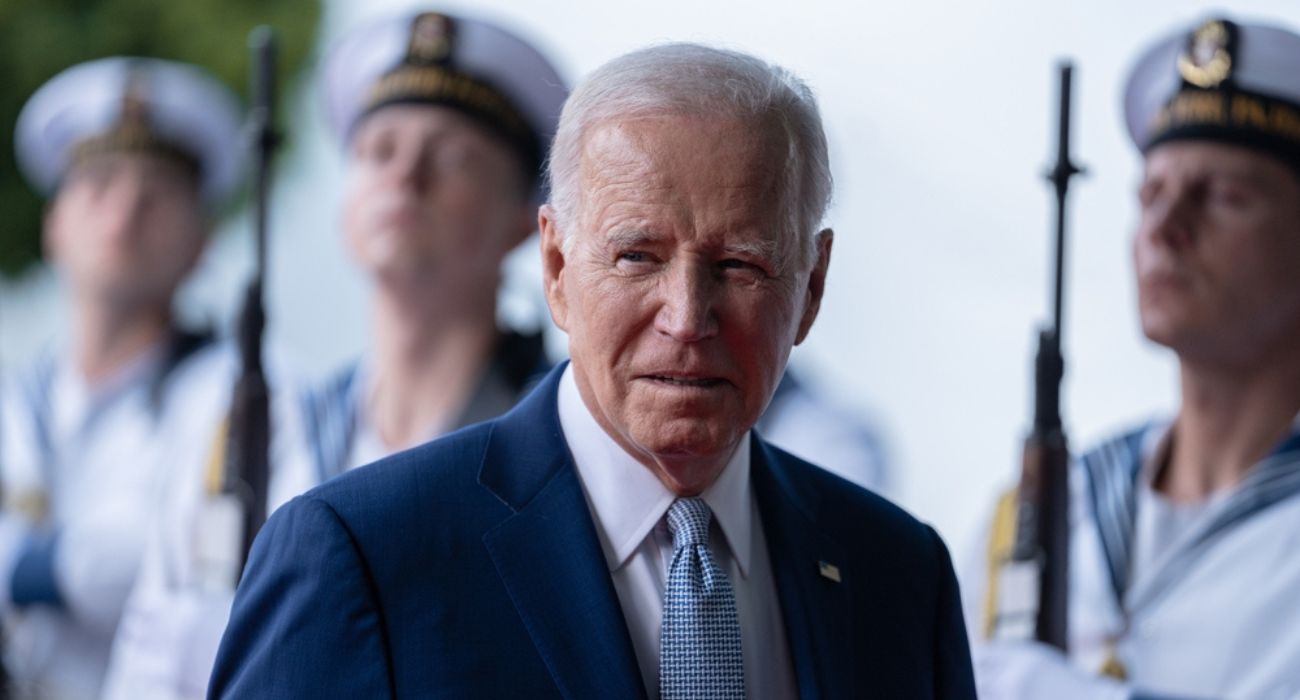President Joe Biden stated on Saturday that the United States does not support an independent Taiwan following recent elections in the island nation that re-elected the nationalist ruling party for a third presidential term.
The new president of the Democratic Progressive Party, Lai Ching-te, vowed to stand up to Beijing while simultaneously expressing openness to the notion of seeking dialogue with China.
Reacting to the election results, Biden said that the United States does “not support independence,” Reuters reported.
Still, the United States remains close with the island nation, maintaining unofficial relations with its government. To the chagrin of Beijing, the United States continues to support Taiwan by selling them military hardware.
As previously reported by The Dallas Express, tensions have been high between the United States and China in recent years. Encounters between Chinese military planes and U.S. aircraft have increased dramatically because of aggressive tactics on the part of Chinese pilots.
“Since the fall of 2021, we have seen more than 180 such incidents. More in the past two years than in the decade before that. That’s nearly 200 cases where [Chinese military] operators have performed reckless maneuvers, or discharged chaff, or shot off flares, or approached too rapidly or too close to U.S. aircraft,” said assistant defense secretary for Indo-Pacific security affairs Ely Ratner in a statement back in October.
For its part, China has never ruled out the use of force to reclaim Taiwan.
In the past, Biden has claimed that the United States would come to Taiwan’s defense if were ever attacked. This stance represents a deviation from the prevailing U.S. position of “strategic ambiguity.”
Bident’s latest comments are likely to be received favorably in Beijing.
Congratulating Lai on his victory, U.S. Secretary of State Anthony Blinken said the United States “is committed to maintaining cross-strait peace and stability, and the peaceful resolution of differences, free from coercion and pressure.” He went on to say the United States looks forward to working with the new president and other Taiwanese leaders to promote their “longstanding unofficial relationship, consistent with the U.S. One China Policy.”






